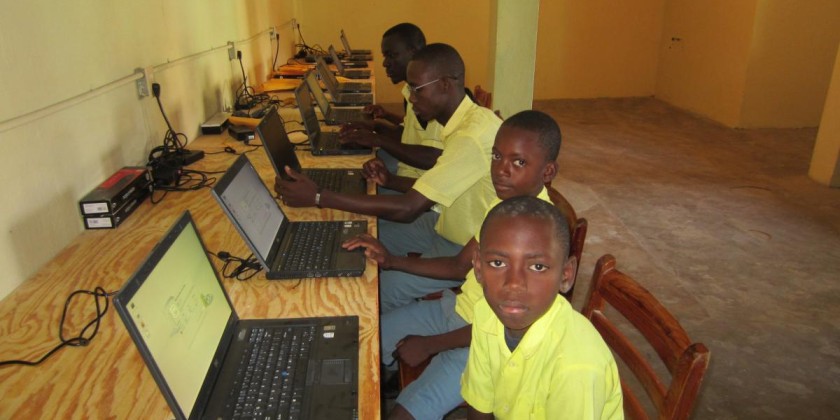The positive news is that the globe’s connected increased from 2.9 billion to 3.2 billion persons. Some states are reaching “saturation” according to the ITU including the most connected:
“…the top ten countries for household Internet penetration are all located in Asia or the Middle East. The Republic of Korea continues to have the world’s highest household broadband penetration, with 98.5% of homes connected; Qatar (98%) and Saudi Arabia (94%) are ranked second and third respectively. Iceland has the highest percentage of individuals using the Internet (98.2%), just ahead of near-neighbours Norway (96.3%) and Denmark (96%). Monaco remains very slightly ahead of Switzerland as the world leader in fixed broadband penetration, at over 46.8% of the population compared with the Swiss figure of 46%. There are now six economies (Monaco, Switzerland, Denmark, Netherlands, Liechtenstein and France) where fixed broadband penetration exceeds 40%, up from just one (Switzerland) in 2013. The Asia-Pacific region now accounts for half of all active mobile broadband subscriptions, with Macao, China easily taking top place with 322 active mobile broadband subscriptions per 100 people – or just over 3 subscriptions per inhabitant – followed by second-ranked Singapore (156 subscriptions per 100 people) and Kuwait (140 subscriptions per 100 people). In total, there are now 79 countries where over 50% of the population is online, up from 77 in 2014. The top ten countries for Internet use are all located in Europe. The lowest levels of Internet access are mostly found in sub-Saharan Africa, with Internet available to less than 2% of the population in Guinea (1.7%), Somalia (1.6%), Burundi (1.4%), Timor Leste (1.1%) and Eritrea (1.0).” To read More of the ITU news release and report, see: “Committed to Connecting the World.”
The potential of the Internet to contribute to economic growth as well as social/global citizen participation has been highlighted by the UN and related agencies particularly within the last year. The impact would be considerably greater and more dramatic for those currently cut out of the modern economy, but the relevance is to all of us: (Read more: “Can New UN Initiative Boost Technology, Science & Innovation in LDC’s?“)
– More on Diplomat Artist archives: Global Finance





